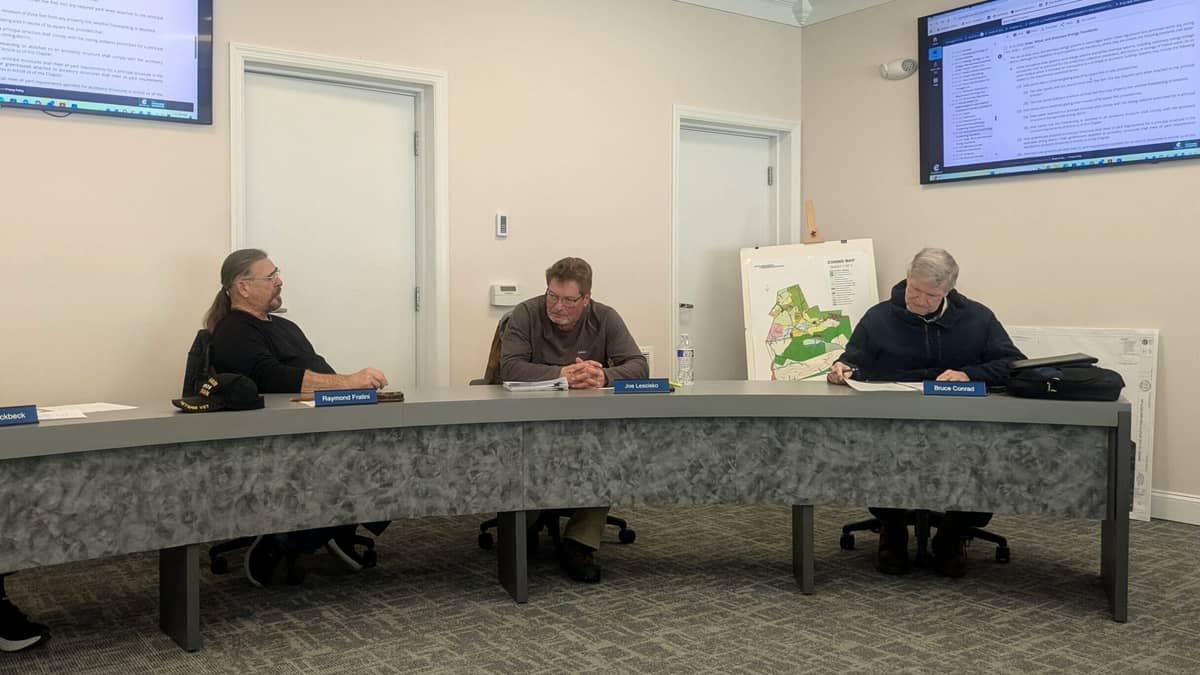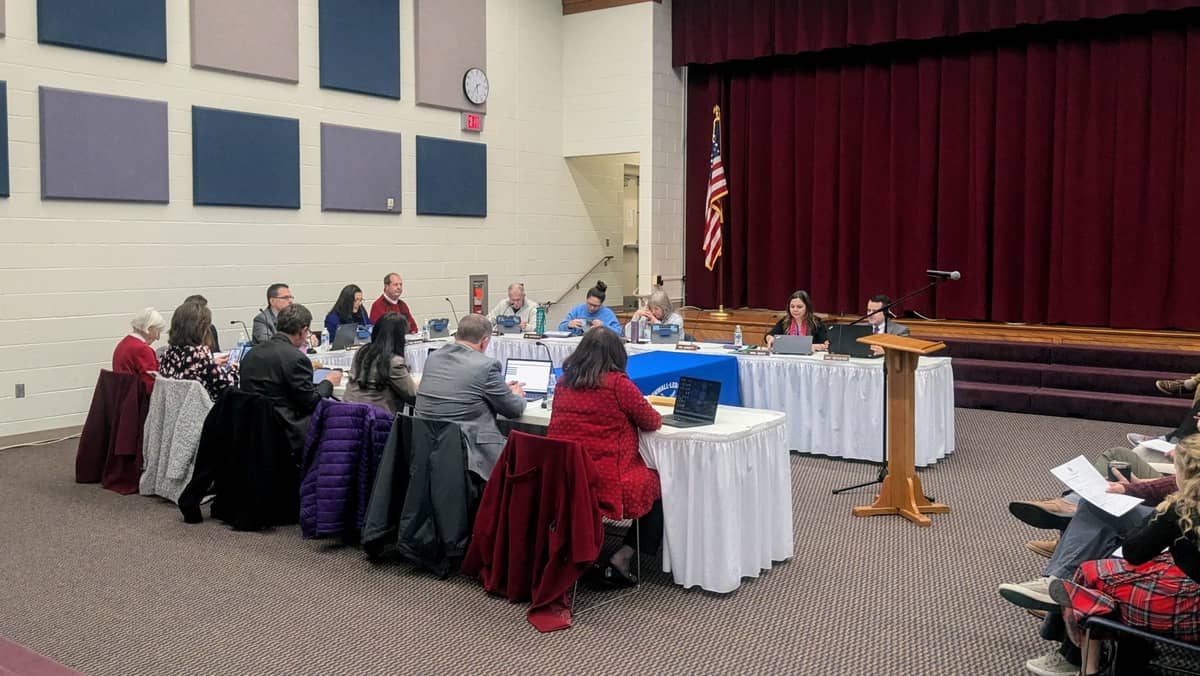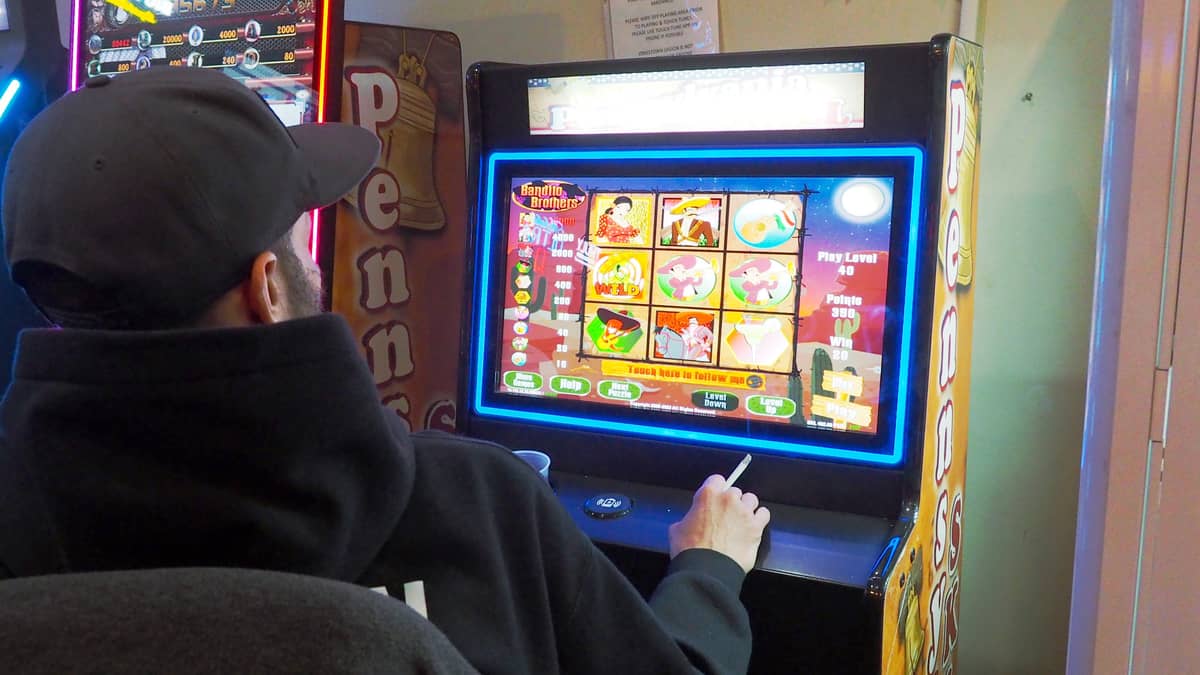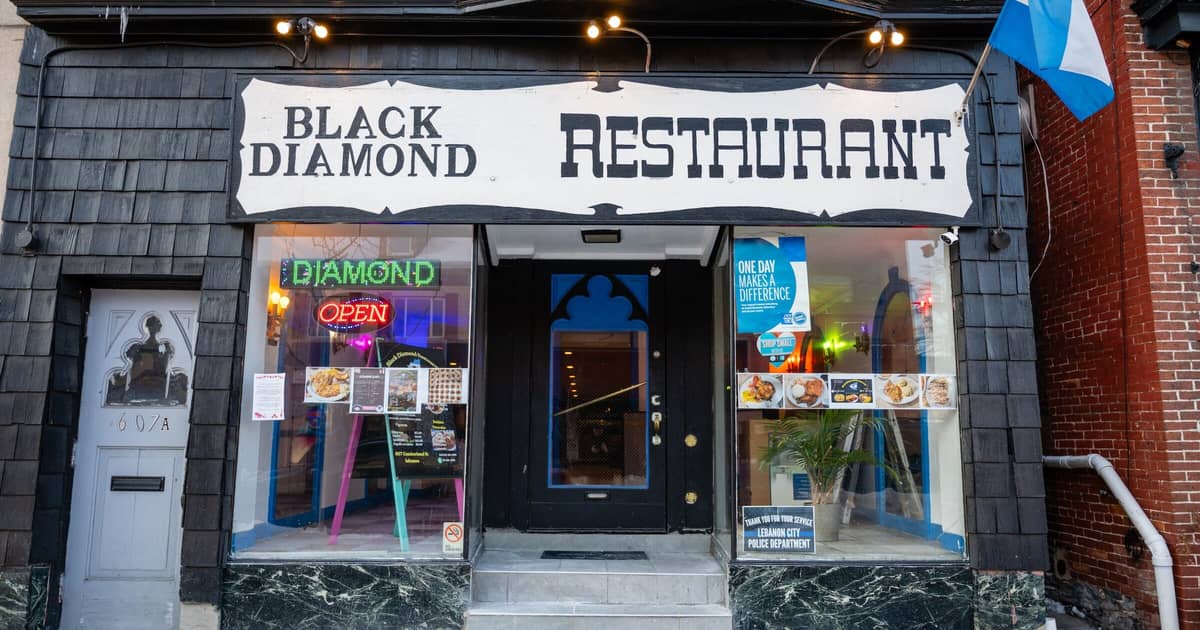A Lebanon County jury was selected Monday to decide whether Jouse Kariel Ortiz-Serrano, who has pleaded guilty to fatally shooting a Lebanon man, will be sentenced for 1st-degree murder, 3rd-degree murder, or voluntary manslaughter.
Ortiz-Serrano admitted shooting 32-year-old Jean Carlos Alvarado to death on the night of Feb. 23, 2022, in the 300 block of North 8th Street in Lebanon. He was 18 at the time.
He entered a guilty plea to a general homicide charge in July 2023.
The jury of eight women and four men will hear evidence in Judge Bradford Charles’ courtroom to decide whether Ortiz-Serrano’s criminal actions amounted to premeditated murder or a lesser degree of homicide under Pennsylvania law.
The jury’s verdict will determine whether he serves life in prison or a shorter term of incarceration. Lebanon County District Attorney Pier Hess Graf has stated that she will not seek the death penalty if the jury decides that the evidence supports a first-degree murder conviction.
After 12 jurors and three alternates were chosen Monday morning, the afternoon session consisted of the judge’s preliminary jury instructions plus opening statements from attorneys for the prosecution and defense.
Testimony is expected to begin Tuesday morning. The trial is expected to last all week.
The commonwealth is represented by Assistant District Attorneys Brian Deiderick and Kevin Dugan. Ortiz-Serrano is represented by Bucks County attorney Gail Marr.
Opening statements give glimpse of prosecution and defense theories
Opening statements in criminal trials are not evidence, but simply the attorneys’ predictions of what jurors can expect the evidence to show as the trial moves along.
In his opening, Deiderick laid out the commonwealth’s theory that Ortiz-Serrano shot Alvarado, intending to kill him, because he believed Alvarado had shot his father about two weeks earlier. “Simply put, this is a case about revenge and street justice. This is first-degree murder,” he told the jury.
Deiderick added that jurors would see and hear video of the defendant firing 20 shots at Alvarado, pausing between three separate volleys, then pursuing the injured man down 8th Street as he tried to flee. Medical evidence, Deiderick said, will show that Alvarado was struck by 12 rounds, six in the back, from a handgun with an extended magazine.
Then, “to make sure the job was complete,” Deiderick said Ortiz-Serrano beat Alvarado as he laid on the ground, striking him with the gun 39 times, so hard that it broke. The beating was so violent, Deiderick said, that a Ring video camera 30 yards away picked up the sounds of Alvarado being struck.
Suggesting that the defendant had the specific intent to kill, Deiderick told the jury that Ortiz-Serrano had earlier told witnesses that he wanted to kill Alvarado. “This defendant wanted that victim dead. Period. End of story.”
Marr did not contest what the video and physical evidence would show during the trial. Instead, “the issue is how you interpret that evidence.” The video standing alone, she said, will provide no context, nor will it explain what happened in the weeks leading up to the killing.
According to Marr, her client was convinced that Alvarado had shot his father in the head a few weeks earlier, took his cellphone so he couldn’t call for help, and left him for dead. The defendant found his severely injured father about 18 hours after he went missing, she said.
Marr hinted that the shooting might have been drug-related, and suggested that “word on the street was that [her client] is going to be next.” Alvarado, she said, “was a cold-blooded killer.”
The defendant’s father survived but is “crippled” and paralyzed on his right side, Marr told jurors.
Marr said the evidence would show that on the day of the killing the defendant saw Alvarado leaving a store, recognized him as the man he believed had shot his father, got a gun, and went looking for Alvarado, finding him near 8th and Church streets.
Believing that Alvarado had shot his father and intended to shoot him next, her 18-year-old client became enraged. “He lost it. He wasn’t in his right mind. Imagine that you found your dad or your spouse dying on the floor,” she said.
Adding that Ortiz-Serrano thought he was also Alvarado’s target, Marr said “it was real to this kid.”
Marr said she would be calling a forensic psychologist who examined her client and would be testifying about his state of mind when he shot Alvarado.
The defense attorney concluded by saying she would be asking the jury to return a verdict of voluntary manslaughter, third-degree murder at most. “He had a reasonable belief that he had to take a life to save a life.”
Degrees of homicide in Pennsylvania
First-degree murder is an intentional, premeditated killing, where there has been time to consider the act and plan its commission. Since the death penalty is not being sought against Ortiz-Serrano, a first-degree murder conviction will mean life in prison.
Second-degree murder, which Ortiz-Serrano is not facing, is a killing committed during the commission of a felony, such as arson or a robbery.
Third-degree murder is a broad category covering all other murders that aren’t first- or second-degree. The penalty is up to 40 years in prison.
Voluntary manslaughter includes intentionally or knowingly killing someone when the killer unreasonably believes that the killing is justified. The penalty is up to 20 years in prison.
Questions about this story? Suggestions for a future LebTown article? Reach our newsroom using this contact form and we’ll do our best to get back to you.

Be part of Lebanon County’s story.
Cancel anytime.
Monthly Subscription
🌟 Annual Subscription
- Still no paywall!
- Fewer ads
- Exclusive events and emails
- All monthly benefits
- Most popular option
- Make a bigger impact
Already a member? Log in here to hide these messages
You know us because we live here too. LebTown’s credibility comes from showing up, listening, and reporting on Lebanon County with care and accuracy. Support your neighbors in the newsroom with a monthly or annual membership, or make a one-time contribution. Cancel anytime.























